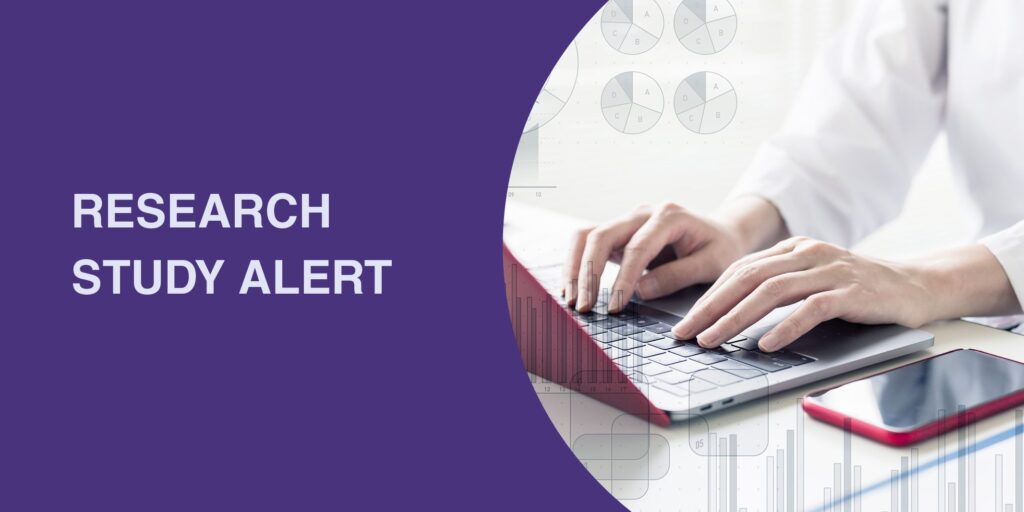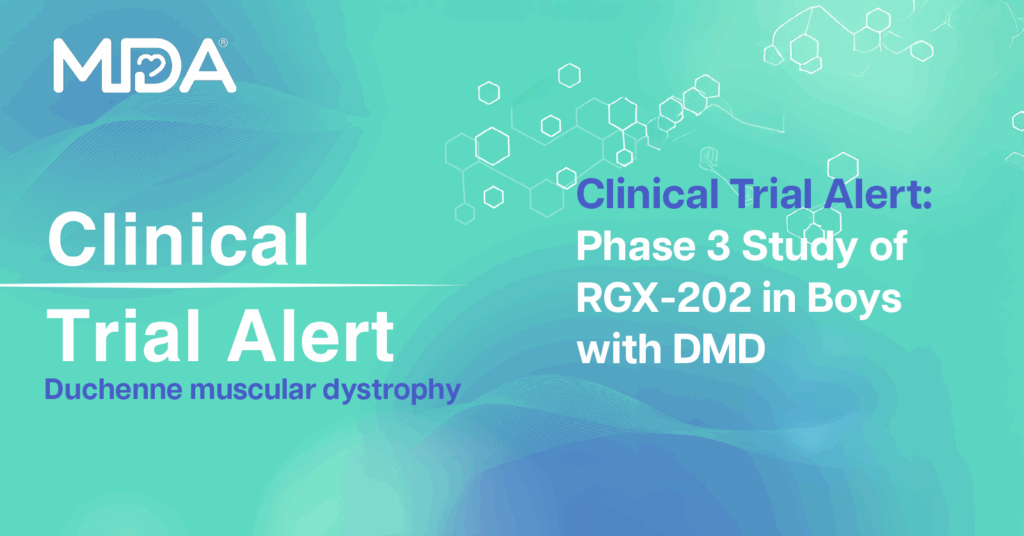
Research Study Alert: Natural History Study in Males with BMD
By Sujatha Gurunathan | Thursday, June 8, 2023
Researchers at the University of Florida are seeking adult males living with Becker muscular dystrophy (BMD) to participate in a three-year natural history study. The objective of this observational study is to gain a better understanding of the course of BMD and to identify biomarkers for BMD.
This study does not involve an intervention. Enrolled participants will be required to complete three study visits over the course of the three-year study period (ie. One visit per year). During these visits, participants will be evaluated using tests such as magnetic resonance imaging (MRI), magnetic resonance spectroscopy (MRS), and a number of functional tests. For ambulatory participants, the 6 minute walk test (6MWT), 100 meter timed test (100m), North Star Assessment Dysferlinopathy (NSAD), range of motion (ROM), strength test, and other functional measures may be performed. All participants may be tested using Performance of Upper Limb (PUL) test, Pulmonary Function Test (PFT), a blood sample, a urine sample, and a one-time needle biopsy of two leg muscles. All participants are seen in person, and following the visit, will meet by Zoom with the investigators to go over the collected data and analysis.
To be eligible, individuals must meet the following inclusion criteria:
- Ambulatory or non-ambulatory male
- Between the ages of 18-62
- Diagnosis of BMD
Individuals may not be eligible to participate if they meet the following exclusion criteria:
- Internal pace maker or internal cardio-defibrillator
- Dependent on daytime mechanical ventilation and/or medically unstable
- Secondary condition that may impact muscle function
- Any contradiction to MRI
Please visit this link for the full listing of inclusion and exclusion criteria.
Travel is covered for participants and a caregiver if necessary.
To learn more or inquire about participation, visit the study website or contact the Study Coordinator Claudia Senesac by telephone: (352) 273-6453 or email: csenesac@phhp.ufl.edu.
Next Steps and Useful Resources
- Stay up-to-date on Quest content! Subscribe to Quest Magazine and Newsletter.
Disclaimer: No content on this site should ever be used as a substitute for direct medical advice from your doctor or other qualified clinician.




